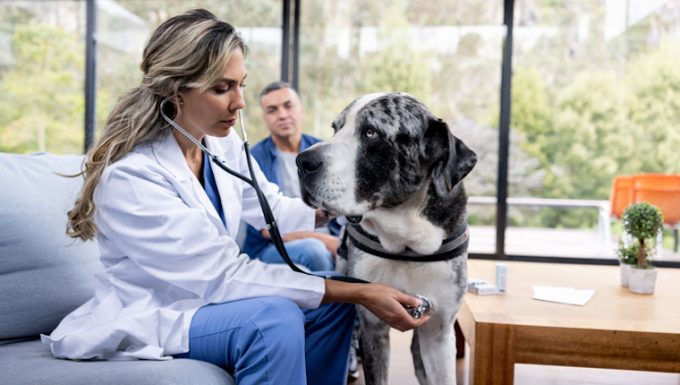Heart block (complete) in dogs happens when vital electrical impulses in the heart are blocked. This can cause a dog’s heart rate to drop to fatal levels.
Unfortunately, some dog breeds are genetically predisposed to the condition. Some of the breeds include the Pug, Cocker Spaniel, and Doberman.
Technically, the condition is also known…









